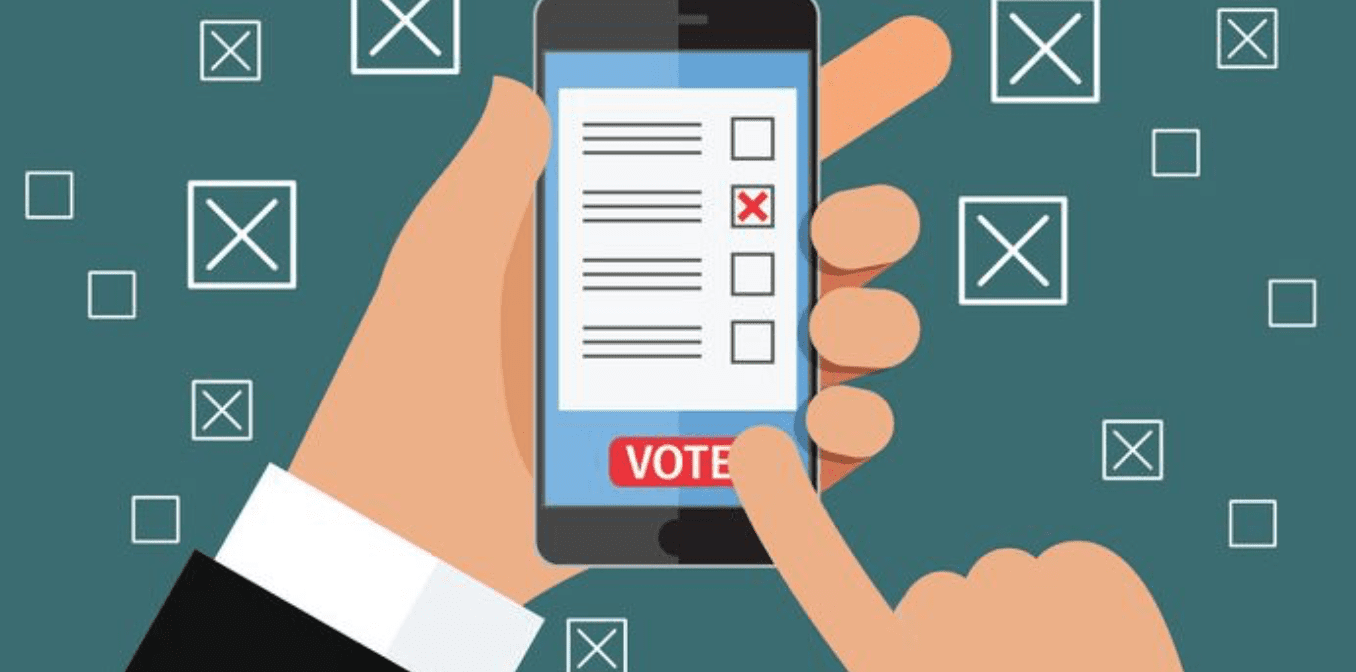Most governments face the occasional stumble or misstep while in power. The media reports something foolish said by a cabinet minister or backbencher. Or a political leader makes a serious error in judgment. Or a private disagreement behind closed doors suddenly becomes public knowledge.
When it happens, damage control shifts into high gear. Spin doctors are employed to clean up the mess, fix the messaging and set the political ship back on course. After a few days or weeks, things eventually settle down and the news cycle moves to the next crisis.
Every now and then, governments are forced to deal with a cascade of errors. One mistake after another at a rapid pace, like a domino effect, with almost no time to deal with the existing controversies. The situation will continue to snowball until everything has been tidied up and somehow comes to an end.
This is the barrel of the proverbial gun that Prime Minister Justin Trudeau is currently facing. There's been a steady stream of mistakes in a span of a few days that could be described as a Cascade of Liberal Follies.
Let's go through them.
Trudeau has struggled to get a grip on the distribution of COVID-19 vaccines. We've procured 398 million doses from several companies, but more than 70 percent are linked to vaccines that haven't been approved by Ottawa. Even worse, Canada has run out of the Pfizer vaccine and it will take several weeks for a new shipment to arrive.
When the health and safety of Canadians are at stake, this is a massive blunder. It hasn't aided by the fact that the information coming from government representatives has been all over the map.
For instance, Liberal Procurement Minister Anita Anand acknowledged she was in direct contact with Pfizer during a Jan. 19 interview on CBC's Power and Politics, but avoided answering host Vassy Kapelos when she repeatedly asked if Trudeau had called them. Anand's nervous smile and short pause near the end was rather telling. It's one of those rare instances when a non-response is a clear response.
Backbench Liberal MP Greg Fergus then went completely off-script during a Jan. 25 appearance on CTV's Power Play. He suggested more vaccine approvals were needed to meet the September target, and mentioned two vaccines Astra-Zeneca and Johnson & Johnson that haven't been approved in Canada. CTV had to go to Anand to get clarity. If Fergus didn't understand this file, and couldn't differentiate between government messaging and (one assumes) private discussions within his caucus, he should have stayed away from the tantalizing lure of the TV cameras. It would've avoided the mess he's made.
Meanwhile, Trudeau shuffled his cabinet on January 13. This occurred after Minister of Innovation, Science and Industry Navdeep Bains announced he wouldn't be running in the next federal election. Seems pretty straightforward — and it was, until word came out that Liberal MP Ramesh Sangha had been turfed from caucus on Jan. 25 for reportedly suggesting Bains was an "extremist" supporter of Sikh separatism.
According to several sources, including the National Post's Tom Blackwell, Sangha said during an interview with the Punjabi-language news outlet Y Media, "If someone says that 'I am extremist, I am Khalistani,' and says it in a declaring style… is he fit to be a minister? I already said that he is not." (The Post, along with other English-language publications, had this interview translated.)
The Liberals are also still reeling from the embarrassing resignation of Governor-General Julie Payette after a report was released about her role in establishing a "toxic environment" in Rideau Hall.
Payette assumed the office in Oct. 2017, and quickly became a huge political albatross. She criticized people who had different viewpoints about environmental issues from her own. She seemed wholly uninterested in her ceremonial role, and was barely visible in a job where you can't seem invisible. Her work ethic was regularly challenged, and rumours about her lavish spending became common within Ottawa's chattering class.
The CBC first reported the toxic environment claim last July by noting she had been "verbally harassing employees to the point where some have been reduced to tears or have left the office altogether." Sixteen people spoke out, including "roughly two dozen people reported abusive conduct" by either Payette or her secretary Assunta Di Lorenzo in a four-month span. Even worse, the CBC reported in August that Payette "still hasn't moved into her official residence almost three years into her five-year mandate." This hadn't prevented her from spending more than $250,000 to meet certain requirements, including "almost $140,000, spent studying and designing a private staircase that was never built."
In her Jan. 21 statement accompanying her resignation, instead of simply apologizing for her conduct and moving on, she actually had the nerve to include this line, "We all experience things differently, but we should always strive to do better, and be attentive to one another's perceptions."
Gosh, I wonder where we've heard this before. Any ideas, Prime Minister? And while you're at it, we wouldn't mind knowing what the actual vetting process for Payette was or wasn't.
The Liberal Follies may not be over yet. Trudeau and his cabinet could be waiting for the other shoe to drop. Since there are so many shoes currently on the floor, maybe a pair of rubber boots would be a better option.
Photo Credit: BBC News








